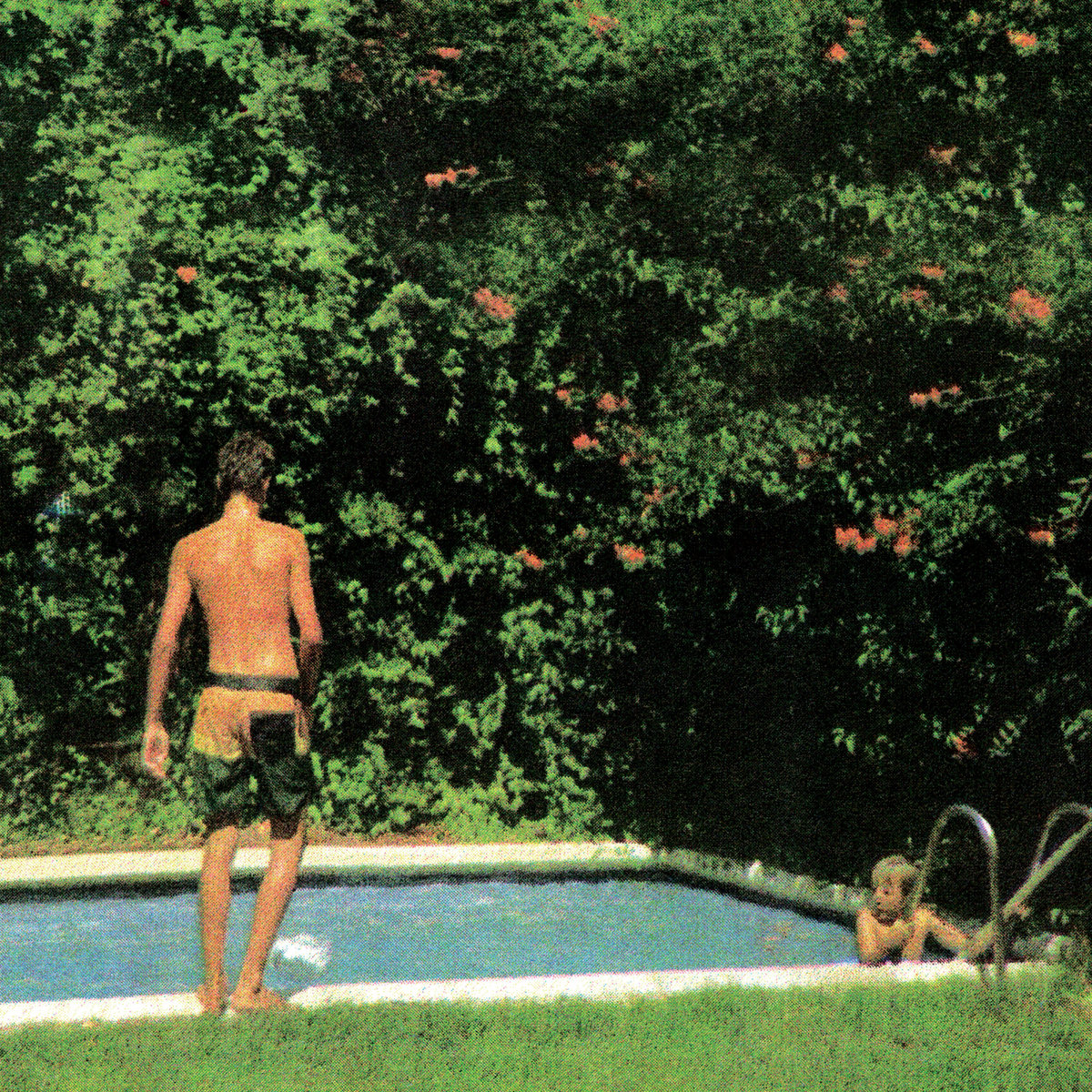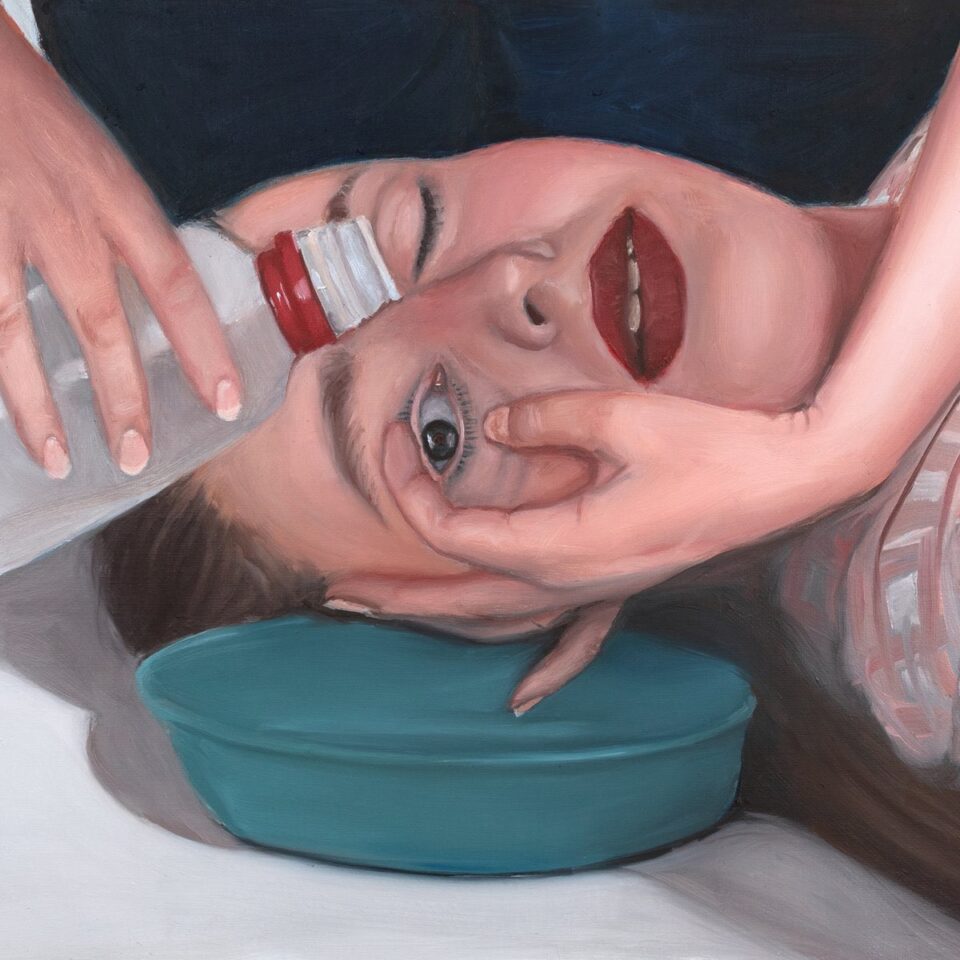TOLEDO
How It Ends
GRAND JURY
There’s a warm glow enveloping the 12 songs that make up TOLEDO’s debut full-length. Yet beneath the beauty of that late-afternoon sunshine that’s captured so well by that gorgeous quiet hush, there’s a real darkness holding it together—nearly imperceptible black stitches that you might miss if you don’t pay attention, but which reveal a deep pain and trauma if you do.
It’s a pain and trauma, however, that this Brooklyn-based duo—Dan Álvarez de Toledo and Jordan Dunn-Pilz—try to soften through their delicate and intricate music. More importantly, and perhaps even more rarely, you can practically hear the positive impact that their friendship has on each other. And yet, just like any perfect summer evening from your youth, listening to How It Ends you can’t not be aware that the sun will set, days and months and years will pass by quickly and slowly, and everything will, indeed, come to an end.
Obviously, the title does a perfect job of setting that scene, but it’s more than due to the gravitas of those three words. Even the sultry, easygoing vibes of opener “Soda Can” infuses rose-tinted childhood memories with the harsh realities of growing up, while the dreamy melody of “Flake” is actually a rumination on generational trauma that hides a surprisingly scathing lyric addressed to a deadbeat father: “I fucking hate your guts right now.”
In fact, the pair go in-depth on How It Ends in exploring how the things they witnessed in their families’ lives came to influence their own existence. That, in part, explains the vulnerability of songs like “Boxcutter”—which sounds like a cross between Elliott Smith and The Beach Boys—and “L-Train,” which brings those memories into the present, somehow dulling and sharpening the blow at the same time.
It’s only with the desolate final song “Fixing Up the Back Room,” and the hollow, sad memories that try but fail to fill it up, that this record finally stops trying to hide the sadness at its core. That golden sunlight finally gives way to dusk, then to night, then to a long eternity of nothing. A beautifully haunting, haunted album.







